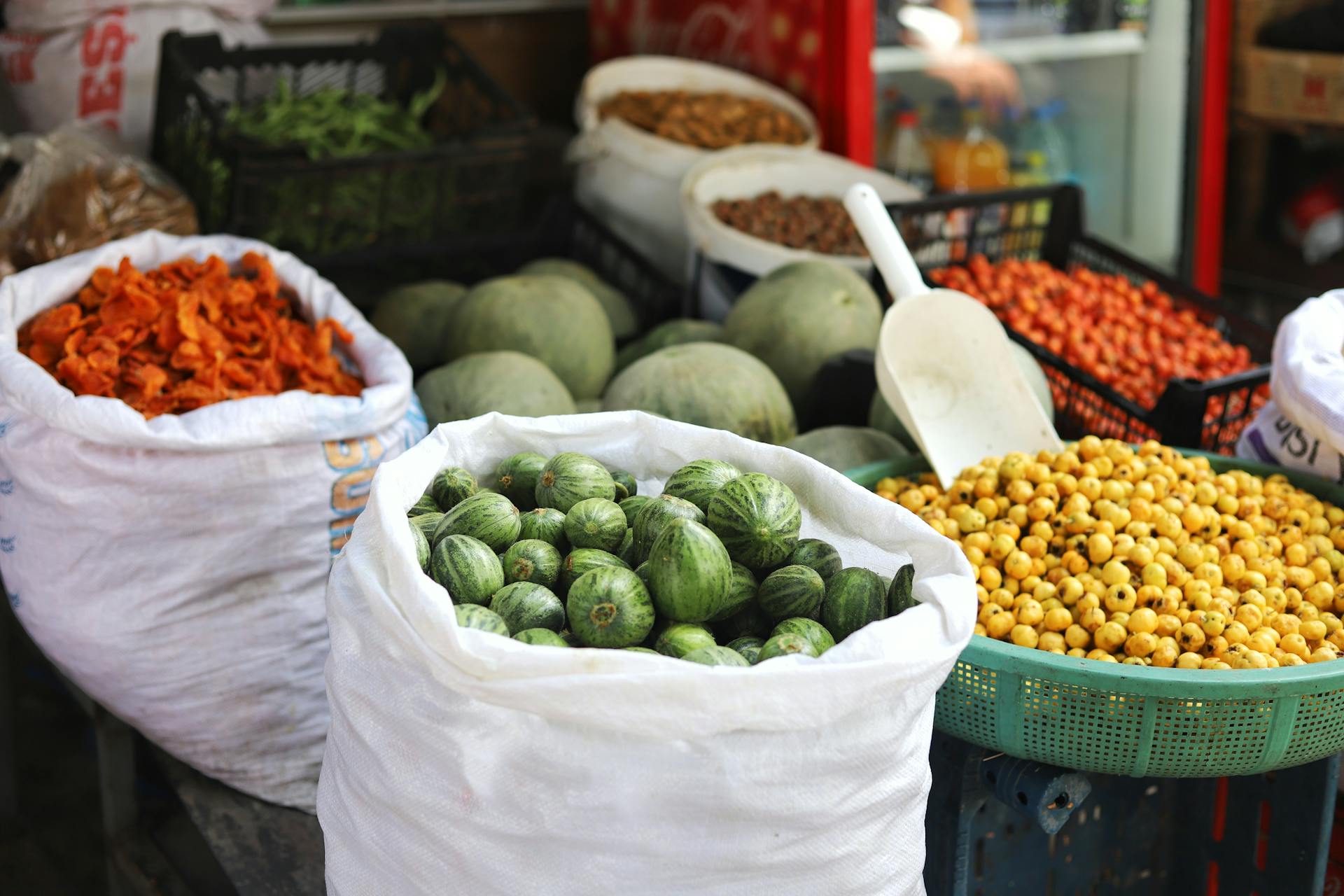
The food we eat is more than just a source of sustenance — it is a vital part of our daily lives. Food is meant to nourish, strengthen, and sustain us. Yet sadly, due to improper handling and poor management, the very food meant to give us life has become a major cause of illness, economic loss, and declining public trust.
Food safety is a critical aspect of our well-being, influencing our health, economy, and overall quality of life. Across Nigeria, foodborne illnesses continue to rise, and every year thousands of people fall sick due to contaminated produce, unsafe handling, and poor storage practices.
Food safety should be regarded as a national priority because the quality of what we eat directly affects not just human health but also agricultural productivity, trade opportunities, national development, and food security. As much as the country battles food insecurity, it is crucial to understand that there can be no food security without food safety, because food safety is the foundation of a strong and resilient food system.
Why This Problem Exists
-
Poor Handling and Hygiene Practices
Most of our foods pass through many hands before reaching consumers. Along the way, they are often displayed in the open, where they are exposed to dust, flies, smoke, and dirty surfaces. Many handlers lack basic training in hygiene and contamination prevention.
-
Weak Regulation and Law Enforcement
Nigeria lacks strict and consistent enforcement of food safety laws. Monitoring is irregular, inspections are limited, and many violations go unnoticed. Without accountability, unsafe practices continue unchecked.
-
Limited Testing Capacity
There are not enough accredited laboratories or trained personnel to routinely test foods for contaminants, pesticide residues, and harmful microbes. This creates significant gaps in early detection of unsafe products.
-
Pesticide Misuse Among Smallholder Farmers
Many farmers lack proper knowledge of pesticide application. Some over-apply chemicals, spray too close to harvest, or use cheap, banned, or counterfeit products. These practices result in high pesticide residues in fruits and vegetables.
-
Poor Storage and Transportation Systems
Overcrowded trucks, poor handling, damaged containers, and the absence of a cold-chain system reduce food quality and increase contamination risks. Foods are frequently exposed to heat, dust, and rough transport conditions.
-
Low Consumer Awareness
A large proportion of consumers do not fully understand the dangers of contaminated food, pesticide residues, or unhygienic markets. Without awareness, people cannot demand safer practices or protect themselves effectively.
Benefits If We Address Food Safety
- Improved Public Health — Reducing contamination and unsafe practices will drastically lower cases of food poisoning, chronic illnesses, and long-term health complications.
- Stronger Economy — Healthy citizens are productive citizens. Reducing sickness leads to fewer hospital bills, less economic strain, and increased workforce productivity.
- Increased Agricultural Exports — Nigeria loses millions yearly because produce fails to meet international standards. Improved safety would unlock global markets and boost farmer income.
- Greater Consumer Confidence — When people trust their food, they buy more, markets grow, and communities prosper.
- Enhanced Food Security — Safe food + sufficient food = true food security. Eliminating contamination helps reduce waste, spoilage, and public health risks.
Solutions & Who Should Take Action
Fixing food safety requires a joint effort. Below are practical solutions and the actors best placed to lead each action.
Government
- Strengthen food safety laws and enforce them consistently.
- Establish more accredited laboratories for residue and contamination testing.
- Train extension workers to educate farmers on Good Agricultural Practices (GAP).
- Invest in modernized markets and cold-chain infrastructure.
Communities
- Promote hygiene in markets and food handling spaces.
- Create community-led monitoring groups for clean markets.
- Support local farmers in adopting safer practices.
NGOs (like Multi Life Savers)
- Lead awareness campaigns on pesticide dangers and safe food handling.
- Train smallholder farmers on safe pesticide use and hygiene.
- Advocate for stronger policies and better market systems.
- Conduct community outreach and sensitization programs.
Individuals / Consumers
- Wash and disinfect fruits and vegetables properly.
- Demand safer food from vendors.
- Support responsible farmers and safe marketplaces.
- Avoid buying exposed, visibly contaminated, or poorly handled food.
Conclusion
Food safety is not just a technical issue — it is a human issue. It affects our children, our families, our farmers, and our future. If Nigeria is to build a strong, healthy, and food-secure nation, we must place food safety at the heart of national development.
At Multi Life Savers, we believe that every Nigerian deserves safe, nutritious, and contamination-free food. A healthier nation begins with the choices we make today — the policies we uphold, the markets we improve, the farmers we educate, and the awareness we spread.
The time to act is now. Let us build a Nigeria where every plate is safe, every market is clean, and every family can eat without fear.
Together, we can make food safety a national priority.
More Articles

Bridging The Gap Between Books, Knowledge and Real-World Impact

Top 5 Remote Job Opportunities for Nigerians in 2025

Empower/Save Life Today
We spread love through giving and helping the less privileged. And this we cannot achieve alone, we need your help and support to accomplish this. You can join us in this mission by donating.
Donate Now